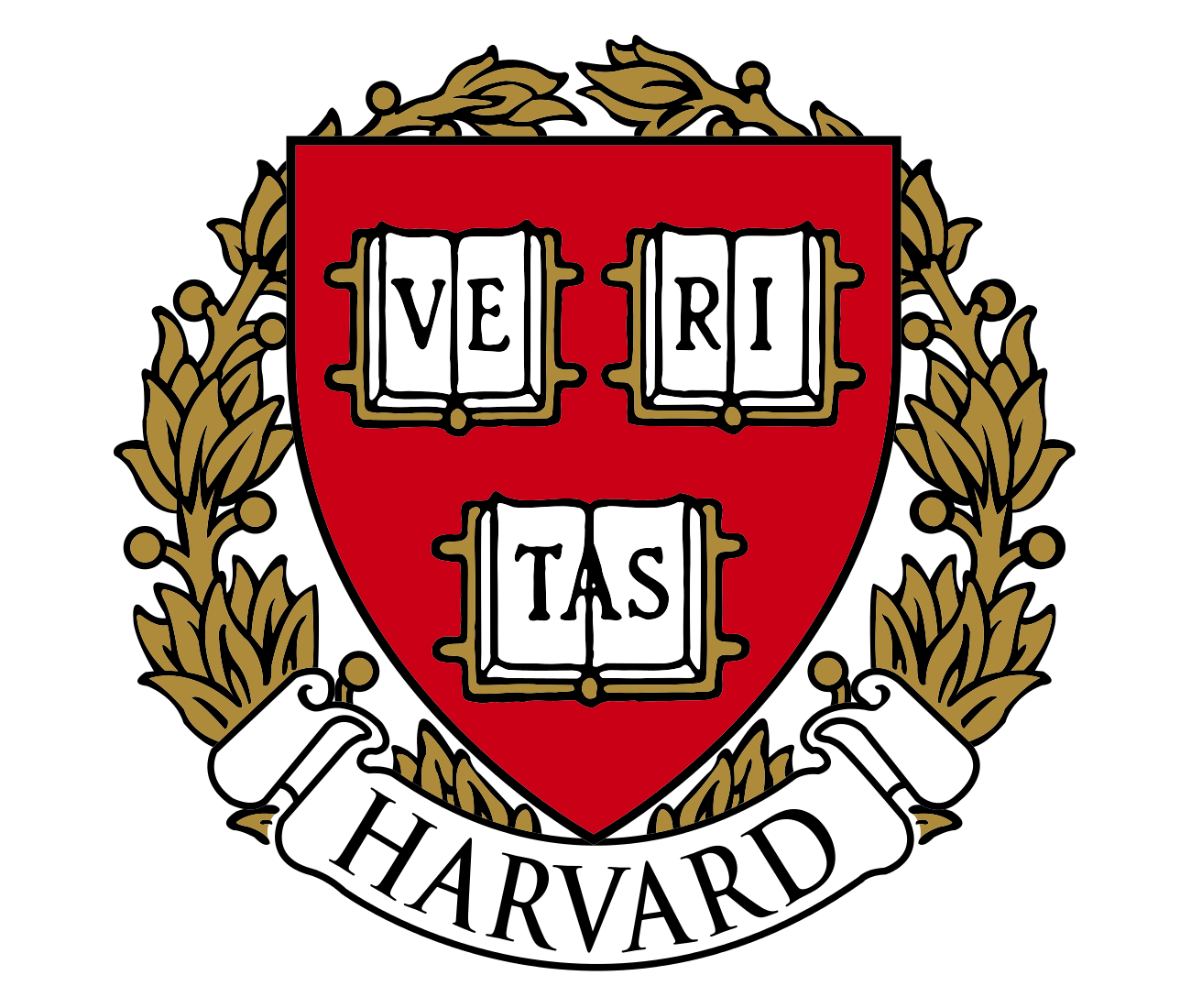SOUTHERN AFRICA QUALITY ASSURANCE NETWORK
For the past several years, GAiA has been collaborating with Global Good (an NGO based in Seattle) and the Mission for Essential Drugs and Supplies (a nonprofit pharmaceutical distributor, based in Kenya) to test and then deploy a system for detecting substandard and falsified medicines, which currently are commonly distributed in African countries and in other parts of the developing world. In brief, the system works as follows:
The technology on which it relies consists of a low-cost, handheld, near-infrared spectrometer (NIRS) device and an accompanying custom Android smartphone app, developed by Global Good. Together, they can be used to differentiate between genuine and falsified medicines using a spectral-matching algorithm to compare the spectral signatures of scanned medicines to the signatures of quality-assured medicines contained within the relevant spectral library. In addition, by combining the results of each scan of an individual pill with a date-stamped and geotagged photographic record of the pill’s packaging, the system enables participating Ministries of Health and national-medicines-regulatory authorities (MRAs) to track the distribution of falsified medicines and to deploy their surveillance resources accordingly.
Prior to the onset of the COVID-19 pandemic, GAiA was working closely with the Ministry of Health in Namibia and the Pharmacy, Medicines and Poisons Board of Malawi to pilot this system. Those initiatives will resume once the pandemic subsides.
Currently, GAiA and MEDS are working with the World Health Organization to launch a training program in several African universities that will assist participants in using this NIRS technology.
